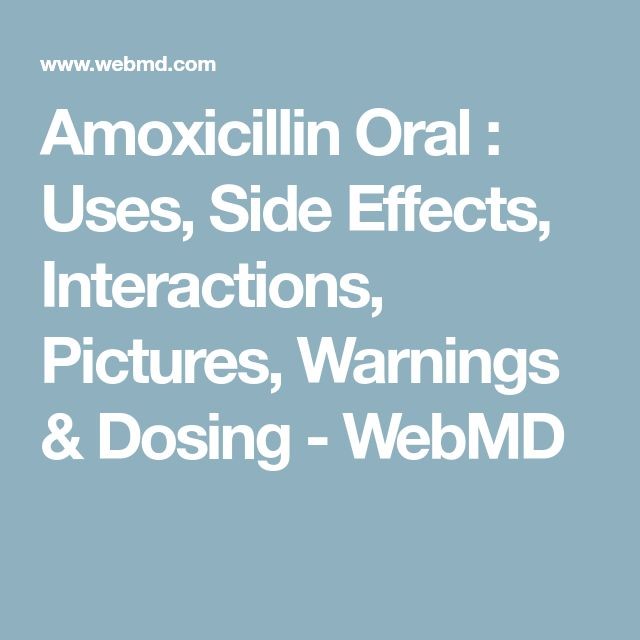
Contents
Side Effects of Hexalen (altretamine)
Hexalen is an anti-cancer drug used to treat ovarian cancer. The exact mechanism by which Hexalen works is unknown.
Common side effects of Hexalen include:
- nausea,
- vomiting,
- numbness and tingling of extremities,
- central nervous system symptoms (mood disorders, disorders of consciousness, loss of coordination),
- dizziness, and
- spinning sensation (vertigo).
Serious side effects of Hexalen include:
- severe numbness, tingling, or cold feeling in hands or feet;
- severe or continuous vomiting;
- fever, chills, flu symptoms,
- mouth sores,
- pale skin,
- easy bruising or bleeding,
- unusual weakness;
- lightheadedness;
- severe dizziness or spinning sensation;
- seizures (convulsions); and
- upper stomach pain,
- dark urine,
- clay-colored stools,
- jaundice (yellowing of skin or eyes).
- monoamine oxidase inhibitors (MAOIs),
- cimetidine,
- pyridoxine, and
- "live" vaccines.
Hexalen may harm a fetus when administered to a pregnant woman. Women of childbearing potential are advised to avoid becoming pregnant while using Hexalen.
It is unknown if Hexalen is secreted in human milk. Since Hexalen may be toxic to nursing infants, breastfeeding is not recommended during treatment with Hexalen.
What are the important side effects of Hexalen (altretamine)?
Common side effects are:
- Nausea and vomiting
- Peripheral neuropathy (abnormal function of sensory nerves of arms and legs resulting in numbness, tingling, etc.) and central nervous system symptoms (mood disorders, disorders of consciousness, ataxia)
- dizziness, and
- vertigo.
Hexalen (altretamine) side effects list for healthcare professionals
Gastrointestinal
- With continuous high-dose daily Hexalen capsules, nausea and vomiting occur frequently.
- In most instances, these symptoms are controllable with anti-emetics, and at times may require dose reduction or discontinuation of therapy.
- In some cases, tolerance of these symptoms develops after several weeks of therapy. The incidence and severity of nausea and vomiting are reduced with moderate-dose administration of Hexalen capsules.
- In clinical studies of single-agent Hexalen capsules utilizing a moderate, intermittent dose and schedule, only 1 patient (1%) discontinued treatment due to severe nausea and vomiting.
Neurotoxicity
- Peripheral neuropathy and central nervous system symptoms (mood disorders, disorders of consciousness, ataxia, dizziness, vertigo) have been reported.
- They are more likely to occur in patients receiving continuous high-dose daily Hexalen capsules.
- Neurologic toxicity has been reported to be reversible when therapy is discontinued.
- Data from a randomized trial of Hexalen capsules and cisplatin plus or minus pyridoxine indicated that pyridoxine significantly reduced neurotoxicity; however, it adversely affected response duration suggesting that pyridoxine should not be administered with Hexalen capsules and/or cisplatin (1).
Hematologic
- Hexalen capsules causes mild to moderate dose-related myelosuppression.
- Leukopenia below 3000 WBC/mm³ occurred in…
- Thrombocytopenia below 50,000 platelets/mm³ was seen in…
- When given in doses of 8-12 mg/kg/day over a 21-day course, nadirs of leukocyte and platelet counts were reached by 3-4 weeks, and normal counts were regained by 6 weeks.
- With continuous administration at doses of 6-8 mg/kg/day, nadirs are reached in 6-8 weeks (median).
- Data in the following table are based on the experience of 76 patients with ovarian cancer previously treated with a cisplatin-based combination regimen who received single-agent Hexalen capsules.
- In one study, Hexalen capsules, 260 mg/m²/day, was administered for 14 days of a 28-day cycle. In another study, Hexalen capsules, 6-8 mg/kg/day, was administered for 21 days of a 28-day cycle.
ADVERSE EXPERIENCES IN 76 PREVIOUSLY TREATED OVARIAN CANCER PATIENTS RECEIVING SINGLE-AGENT HEXALEN CAPSULES
| Adverse Experiences | %Patients | |
| Gastrointestinal | ||
| Nausea and Vomiting | 33 | |
| Mild to Moderate | 32 | |
| Severe | 1 | |
| Increased Alkaline Phosphatase | 9 | |
| Neurologic | ||
| Peripheral Sensory Neuropathy | 31 | |
| Mild | 22 | |
| Moderate to Servere | 9 | |
| Anorexia and Fatigue | 1 | |
| Seizures | 1 | |
| Hematologic | ||
| Leukopenia | 5 | |
| WBC 2000-2999/mm³ | 4 | |
| WBC | 1 | |
| Thrombocytopenia | 9 | |
| Platelets 75,000-99,000/mm³ | 6 | |
| Platelets | 3 | |
| Anemia | 33 | |
| Mild | 20 | |
| Moderate to Severe | 13 | |
| Renal | ||
| Serum Cretinine 1.6-3.75mg/dl | 7 | |
| BUN | 9 | |
| 25-40mg% | 5 | |
| 41-60mg% | 3 | |
| >60mg% | 1 | |
- Additional adverse reaction information is available from 13 single-agent altretamine studies (total of 1014 patients) conducted under the auspices of the National Cancer Institute.
- The treated patients had a variety of tumors and many were heavily pretreated with other chemotherapies; most of these trials utilized high, continuous daily doses of altretamine (612 mg/kg/day).
- In general, adverse reaction experiences were similar in the two trials described above. Additional toxicities, not reported in the above table, included hepatic toxicity, skin rash, pruritus, and alopecia.
What drugs interact with Hexalen?
- Concurrent administration of Hexalen capsules and MAO inhibitors may cause severe orthostatic hypotension.
- Cimetidine, an inhibitor of microsomal drug metabolism, increased altretamine’s half-life and toxicity in a rat model.
- Data from a randomized trial of Hexalen capsules and cisplatin plus or minus pyridoxine in ovarian cancer indicated that pyridoxine significantly reduced neurotoxicity; however, it adversely affected response duration suggesting that pyridoxine should not be administered with Hexalen capsules and/or cisplatin.
Summary
Hexalen is an anti-cancer drug used to treat ovarian cancer. The exact mechanism by which Hexalen works is unknown. Common side effects of Hexalen include nausea, vomiting, numbness and tingling of extremities, central nervous system symptoms (mood disorders, disorders of consciousness, loss of coordination), dizziness, and spinning sensation (vertigo). Hexalen may harm a fetus when administered to a pregnant woman. Women of childbearing potential are advised to avoid becoming pregnant while using Hexalen. It is unknown if Hexalen is secreted in human milk. Since Hexalen may be toxic to nursing infants, breastfeeding is not recommended during treatment with Hexalen.
Hexalen is an anti-cancer drug used to treat ovarian cancer. The exact mechanism by which Hexalen works is unknown. Common side effects of Hexalen include nausea, vomiting, numbness and tingling of extremities, central nervous system symptoms (mood disorders, disorders of consciousness, loss of coordination), dizziness, and spinning sensation (vertigo). Hexalen may harm a fetus when administered to a pregnant woman. Women of childbearing potential are advised to avoid becoming pregnant while using Hexalen. It is unknown if Hexalen is secreted in human milk. Since Hexalen may be toxic to nursing infants, breastfeeding is not recommended during treatment with Hexalen.


